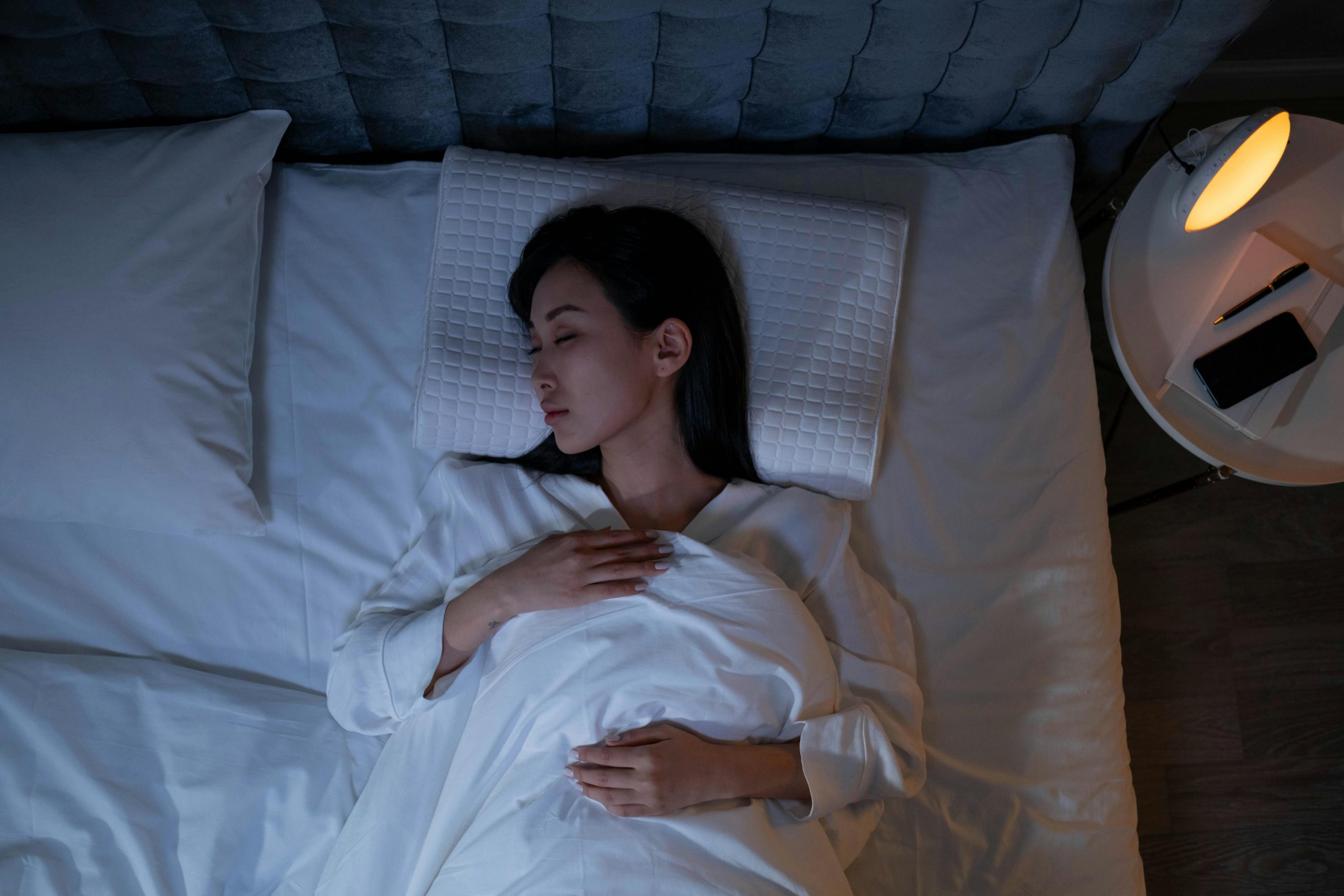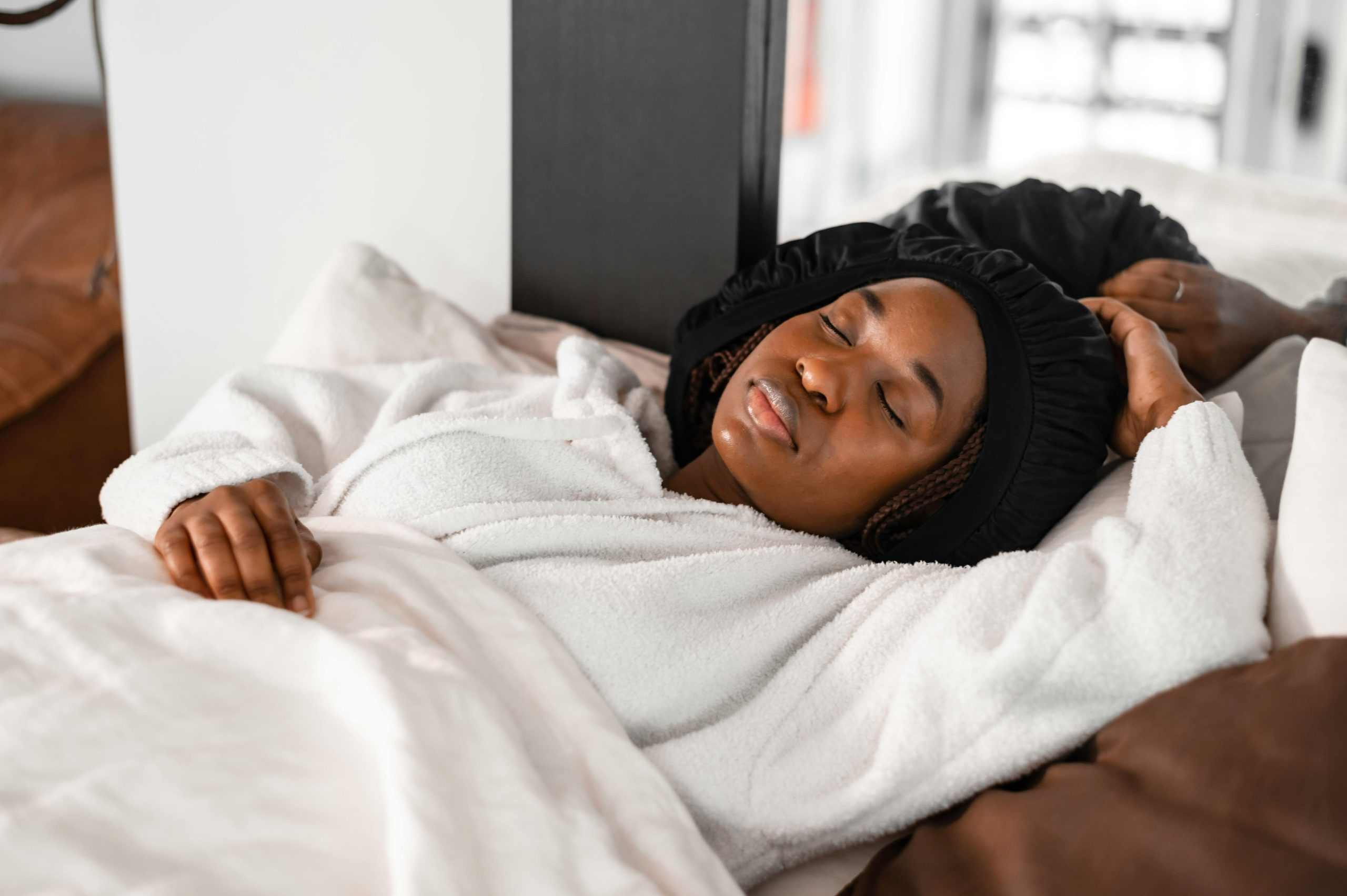Are you tired of tossing and turning, longing for a peaceful night’s sleep? In today’s fast-paced world, achieving quality sleep can feel like an elusive dream. However, the foundation of good sleep lies in establishing healthy sleep hygiene. This comprehensive guide explores the principles of best sleep hygiene, offering practical tips and science-backed insights to help you cultivate a sleep-friendly lifestyle. We’ll delve into the intricacies of natural sleep hygiene, empowering you to transform your nights and wake up feeling refreshed.
Why Prioritize Sleep Hygiene? The Foundation of Quality Rest
Sleep hygiene encompasses a set of practices and environmental factors that promote consistent, restorative sleep. It’s not just about how long you sleep, but also the quality of your sleep. Poor sleep hygiene can lead to insomnia, daytime fatigue, and a host of other health problems. The National Sleep Foundation emphasizes that consistent sleep hygiene is crucial for maintaining a healthy sleep-wake cycle.
Understanding the Pillars of Best Sleep Hygiene
Effective sleep hygiene involves several key components.
Establishing a Consistent Sleep Schedule: Aligning with Your Circadian Rhythm
One of the most fundamental aspects of best sleep hygiene is maintaining a regular sleep schedule. This means going to bed and waking up at the same time every day, even on weekends. This consistency helps regulate your body’s circadian rhythm, the internal clock that governs your sleep-wake cycle. Research published in the journal “Sleep Medicine Reviews” highlights the importance of circadian rhythm stability for optimal sleep.
Creating a Relaxing Bedtime Routine: Signaling the Body for Sleep
A calming bedtime routine signals to your body that it’s time to wind down. This could include activities such as:
- Warm Bath or Shower: The change in body temperature can promote relaxation.
- Reading a Book: Avoid screens and opt for a physical book to wind down.
- Gentle Stretching or Yoga: These practices can ease muscle tension and promote relaxation.
- Listening to Calming Music or White Noise: Our selection of white noise machines can help create a soothing sleep environment.
Optimizing Your Sleep Environment: Creating a Sanctuary for Sleep
Your sleep environment plays a significant role in your sleep quality.
- Darkness: Ensure your bedroom is as dark as possible. Consider using blackout curtains or an eye mask.
- Quiet: Minimize noise distractions. White noise or earplugs can be helpful.
- Cool Temperature: A cool room (around 65 degrees Fahrenheit) is ideal for sleep.
- Comfortable Mattress and Pillows: Invest in a supportive mattress and pillows that suit your sleeping style. Consider upgrading your bedding for better comfort, our weighted blankets are a great option for those seeking a deeper more restful sleep.
Managing Light Exposure: Regulating Melatonin Production
Light exposure, particularly in the evening, can interfere with melatonin production, the hormone that regulates sleep.
- Limit Screen Time Before Bed: The blue light emitted from electronic devices can suppress melatonin production.
- Expose Yourself to Sunlight During the Day: Natural sunlight helps regulate your circadian rhythm.
- Use Dim Lighting in the Evening: Create a relaxing ambiance with soft, warm lighting.
Natural Sleep Hygiene: Embracing Holistic Approaches
For those seeking a more holistic approach, natural sleep hygiene emphasizes lifestyle modifications and natural remedies.
Dietary Considerations: Fueling Your Body for Restful Sleep
What you eat and drink can significantly impact your sleep.
- Avoid Caffeine and Alcohol Before Bed: These substances can interfere with sleep quality.
- Limit Sugary Foods and Processed Foods: These can disrupt blood sugar levels and lead to sleep disturbances.
- Consume a Light, Balanced Dinner: Avoid heavy meals close to bedtime.
- Hydrate Throughout the Day: Dehydration can lead to restless sleep.
Exercise and Physical Activity: Promoting Sleep Through Movement
Regular physical activity can improve sleep quality, but timing is crucial.
- Engage in Regular Exercise: Aim for at least 30 minutes of moderate exercise most days of the week.
- Avoid Exercising Too Close to Bedtime: Exercise raises your body temperature and can interfere with sleep.
Stress Management Techniques: Calming the Mind for Sleep
Stress and anxiety are common culprits of sleep problems.
- Practice Relaxation Techniques: Deep breathing, meditation, and mindfulness can help calm the mind.
- Journaling: Writing down your thoughts and worries before bed can help clear your mind.
- Cognitive Behavioral Therapy for Insomnia (CBT-I): This therapy helps identify and change negative thought patterns and behaviors that interfere with sleep.
Addressing Common Sleep Disruptors: Identifying and Overcoming Obstacles
Several common factors can disrupt your sleep.
Sleep Apnea: A Serious Sleep Disorder
Sleep apnea is a condition characterized by pauses in breathing during sleep. If you suspect you have sleep apnea, consult with a healthcare professional.
Restless Legs Syndrome (RLS): Uncomfortable Sensations
RLS causes an irresistible urge to move your legs, often accompanied by uncomfortable sensations. Lifestyle changes and medical treatments can help manage RLS.
Chronic Pain: Disrupting Sleep Quality
Chronic pain can make it difficult to fall asleep and stay asleep. Managing pain through medication, physical therapy, and other therapies can improve sleep quality.
Anxiety and Depression: Mental Health and Sleep
Mental health conditions like anxiety and depression can significantly impact sleep. Seeking professional help is essential for addressing these issues.
Integrating Sleep Aids for Enhanced Sleep Hygiene
While natural sleep hygiene should be the foundation of your sleep strategy, certain sleep aids can complement your efforts.
Melatonin Supplements: Regulating Your Sleep-Wake Cycle
Melatonin supplements can be helpful for individuals experiencing jet lag, shift work sleep disorder, or delayed sleep-wake phase disorder. Check out our top-rated melatonin supplement here, designed to help you regulate your sleep cycle naturally.
Herbal Remedies: Nature’s Gentle Sleep Solutions
Herbal remedies like chamomile, valerian root, and lavender can promote relaxation and improve sleep quality.
Weighted Blankets: Providing Comfort and Relaxation
Weighted blankets can provide a sense of comfort and security, promoting relaxation and improving sleep quality. We have a wide range of weighted blankets to enhance your sleep experience.
Seeking Professional Help: When Sleep Problems Persist
If you’ve implemented best sleep hygiene practices and are still experiencing persistent sleep problems, it’s essential to seek professional help. A healthcare professional can evaluate your sleep patterns, identify any underlying medical conditions, and recommend appropriate treatment options.
Gear to Sleep: Your Partner in Achieving Restful Nights
At geartosleep.com, we are committed to helping you achieve the restful sleep you deserve. We offer a wide range of products designed to enhance your sleep hygiene, from comfortable bedding to sleep aids. Explore our website to find the perfect solutions for your individual needs. We also provide sleep masks, which can significantly improve your sleep quality.
Conclusion: Embracing Sleep Hygiene for a Healthier Life
Sleep hygiene is a cornerstone of overall health and well-being. By adopting healthy sleep habits and creating a sleep-friendly environment, you can transform your nights and wake up feeling refreshed and energized. Remember, consistent sleep hygiene is a journey, not a destination. Explore our sleep aids at geartosleep.com to find your perfect solution and embark on a path towards restful nights and revitalized days.


